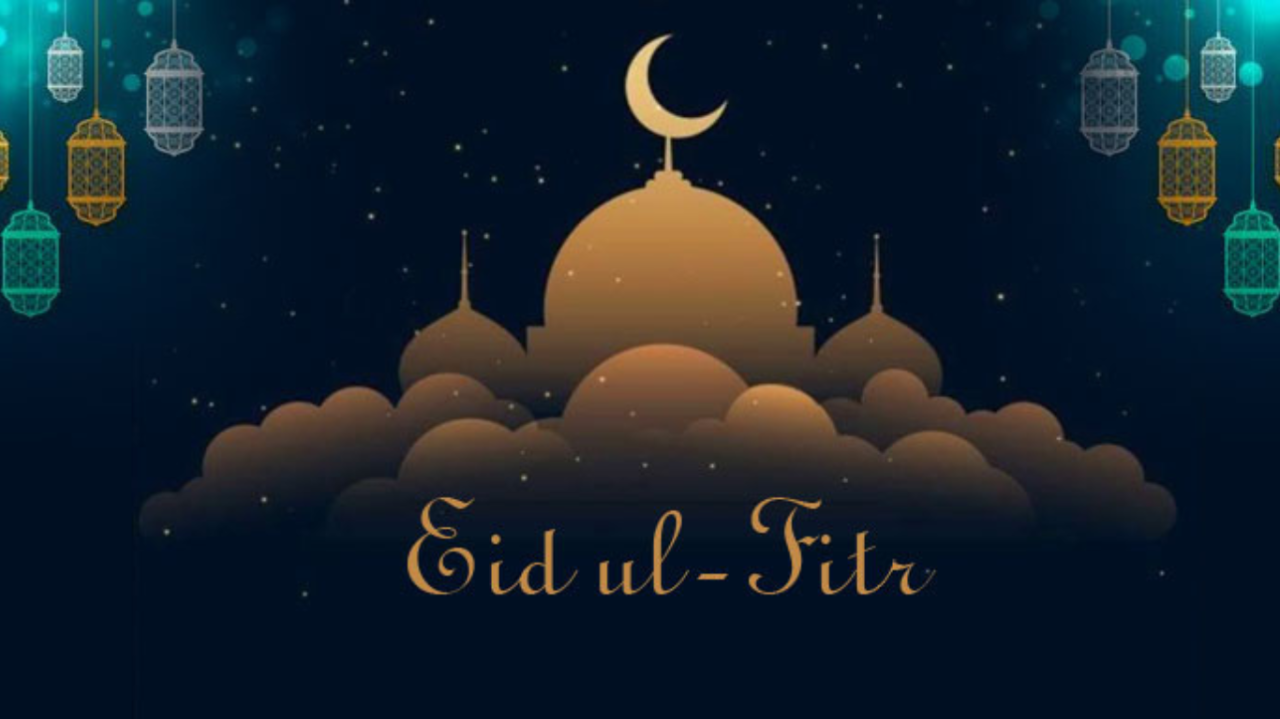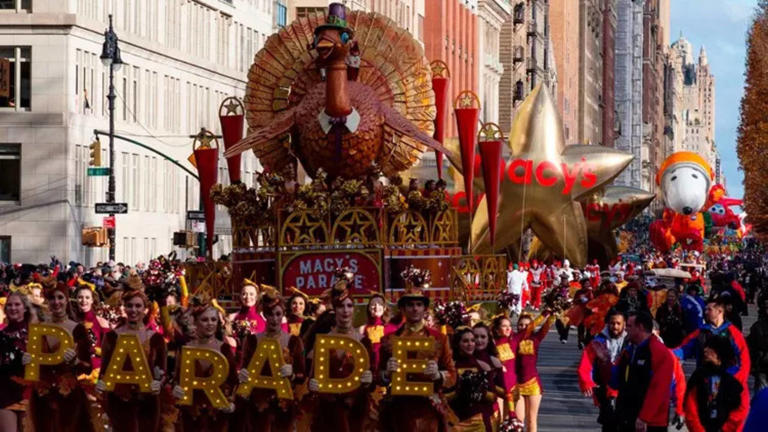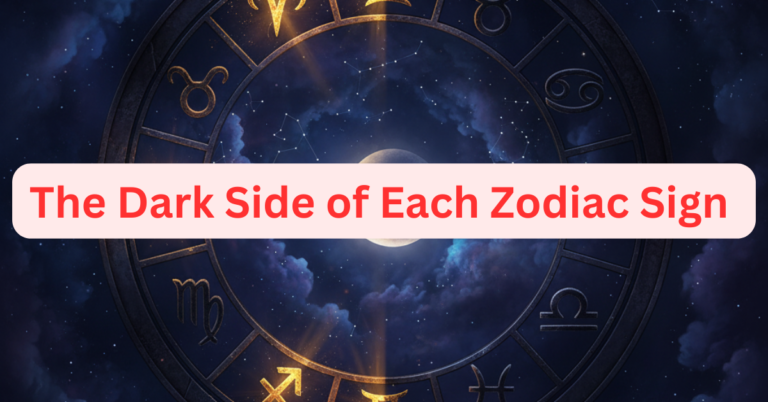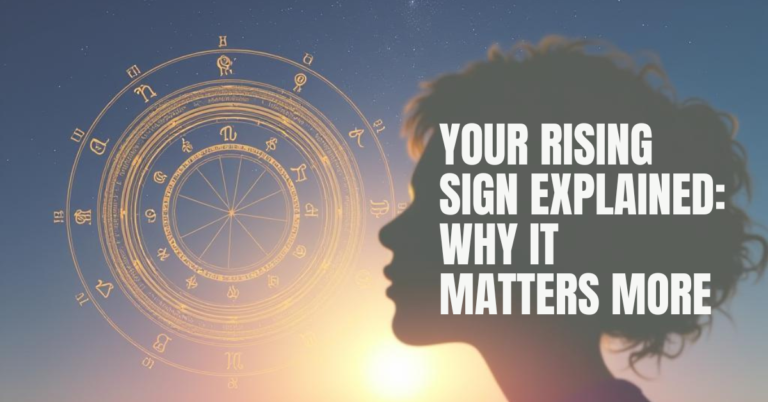
Eid-ul-Fitr
Eid-ul-Fitr is being observed here on Wednesday, much like in other regions of the country, with devout religious enthusiasm, symbolizing the conclusion of the sacred month of Ramadan.
Eid-ul-Fitr, the “Festival of Breaking Fast,” marks the joyous culmination of the holy month of Ramadan for Muslims worldwide. Celebrated with immense religious fervor, it’s a time for families, communities, and nations to come together in a spirit of gratitude, compassion, and festivity.
The Significance of Ramadan and the Culmination in Eid
Ramadan is a sacred period of spiritual growth, introspection, and heightened devotion. Muslims abstain from food and drink from dawn to dusk, focusing on prayer, charity (zakat), and strengthening their connection with Allah (God). Eid-ul-Fitr signifies the successful completion of this spiritual test and a return to normalcy in eating and drinking.
Religious Fervor on Eid
The day of Eid-ul-Fitr begins with a special prayer, often held outdoors in large congregations at Eidgahs (prayer grounds) or mosques. The atmosphere is vibrant, filled with the spirit of togetherness and thanksgiving. Men, women, and children dress in their finest attire, often in new clothes symbolizing a fresh start.
Eid Prayers and Sermons
The Eid prayer is a joyous occasion, marked by special takbirs (declarations of Allah’s greatness). Sermons delivered by Imams (religious leaders) often emphasize the importance of charity, forgiveness, and maintaining the spiritual gains achieved during Ramadan. Prayers are offered not just for oneself, but also for the well-being of the community and the world at large.
Feasts and Festivities
Following the prayers, the true spirit of Eid unfolds. Homes are filled with the aroma of delicious delicacies, prepared with love and shared with family and friends. Traditional sweets like baklava, dates, and sheer korma become the centerpiece of celebratory meals.
Gift-Giving and Strengthening Bonds
Eid is a time for exchanging gifts, particularly among children. Eidi (money gifted to younger members of the family) becomes a symbol of love and blessings. Visits are made to extended family, neighbors, and the less fortunate, strengthening social bonds and fostering a sense of community.
Charity and Social Responsibility
The emphasis on charity during Ramadan extends to Eid. Muslims are encouraged to donate to those in need, ensuring everyone can partake in the festivities. Zakat, the obligatory form of charity, is often distributed during this period.
Cultural Expressions and Local Traditions
Eid celebrations take on a unique flavor depending on the region. In South Asia, special decorations light up homes and streets. Henna adornments and vibrant clothing add to the festive spirit. In the Middle East, celebratory dances like the Dabke become a common sight.
In India, the festival of Eid-ul-Fitr is celebrated with great enthusiasm. The country’s rich cultural diversity is reflected in the various ways the festival is celebrated across different regions. In some parts of the country, Eid is celebrated with traditional feasts, while in others, it is marked by community gatherings and prayers.
A Global Celebration
Eid-ul-Fitr transcends national borders. Muslims across the globe share this joyous occasion, united by their faith and traditions. Social media platforms become abuzz with Eid greetings exchanged across continents.
Looking Beyond the Celebrations
While Eid is undeniably a joyous occasion, it serves as a reminder of those less fortunate. Muslims are encouraged to remember those who are unable to celebrate due to poverty, war, or displacement. Efforts are made to ensure everyone has access to food and festivities.
A Time for Reflection and Renewal
Eid-ul-Fitr is not just about feasting and merrymaking. It’s a time for reflection on the spiritual growth achieved during Ramadan. Muslims strive to carry forward the lessons learned, maintaining a sense of piety and compassion throughout the year.
Conclusion
Eid-ul-Fitr is a powerful testament to the beauty of Islam. It’s a celebration that blends religious devotion, social responsibility, and joyful merriment. As the festivities come to a close, Muslims carry with them a renewed sense of faith, a commitment to good deeds, and the hope for a peaceful and prosperous future.






